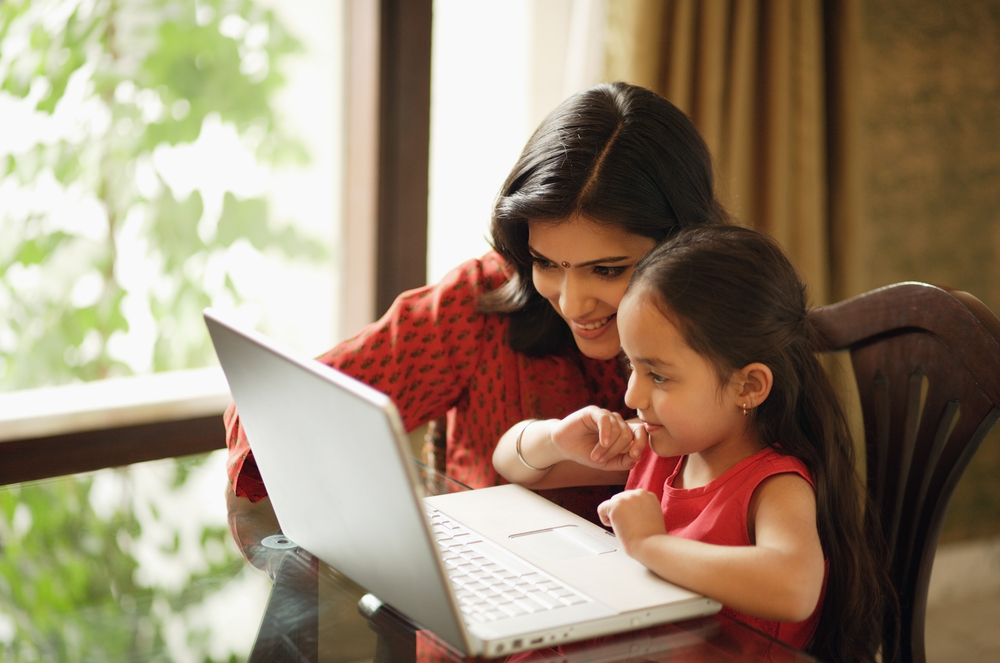Unprecedented problems on a global scale — such as a pandemic that shows little sign of abating — require innovative solutions if the rituals of daily living are to be resumed eventually. A crucial part of these rituals involves teaching and learning, neither of which can wait if students are to envision a hopeful future. The Central Board of Secondary Education must have had this concern in mind when it suggested that schools should educate and encourage parents to help their children with home-based learning at a time when it seems that schools may have to remain shut for a longer period of time than initially anticipated. The idea is both commendable and necessary, not least because it acknowledges the possibility that the coronavirus outbreak has — perhaps irrevocably? — changed how students are educated around the world. In the light of this, not only will picking up the thread of education at home provide a much-required semblance of routine to the lives of students, but also help them meet stiff targets of the syllabi.
Such a model of home-based learning, however, will not be without its challenges. The pandemic has not just changed the nature of formal education; it has also altered how adults conduct their professional lives and manage their households. How many women, many of whom are now working from and managing the home, will be able to find the time to take on the additional task of teaching their children in a manner similar to a classroom? The nationwide lockdown is likely to reaffirm the deeply-ingrained asymmetry that characterizes gender roles in Indian families. Research bears out this imbalance. A 2015 survey by the Organisation for Economic Co-operation and Development had found that Indian women do far more ‘unpaid work’— nearly six hours daily on average — than their peers in most other countries, while Indian men spend less than an hour a day on the same household work. Are men likely to pick up their share of the task of teaching the children? It must also be remembered that teaching requires training and labour, and the latter remains uncompensated; housework by women is one example. As such, not only must effective modules be designed for existing teachers to train parents, but governments must consider compensating the latter, especially mothers, for the additional workload. These crucial factors must be borne in mind by the CBSE and the government as they go about changing the module of education in this trying hour.











